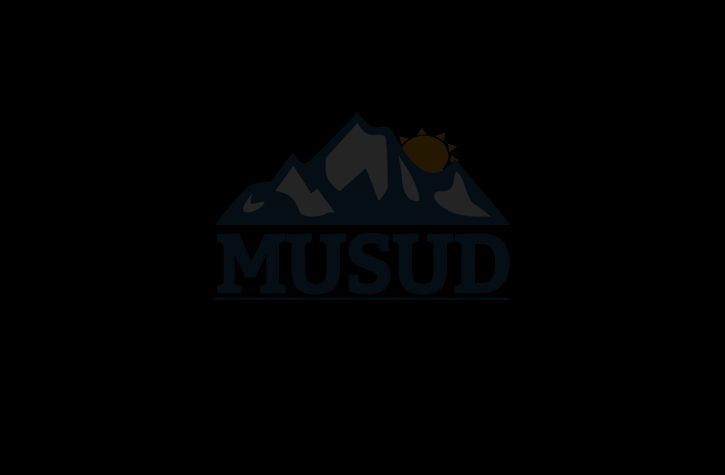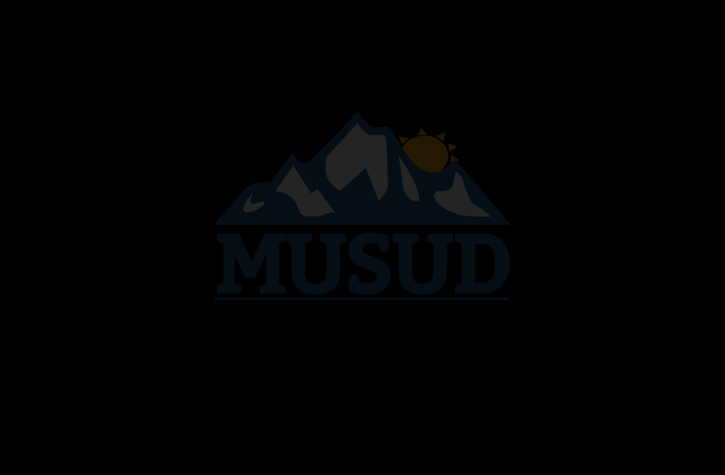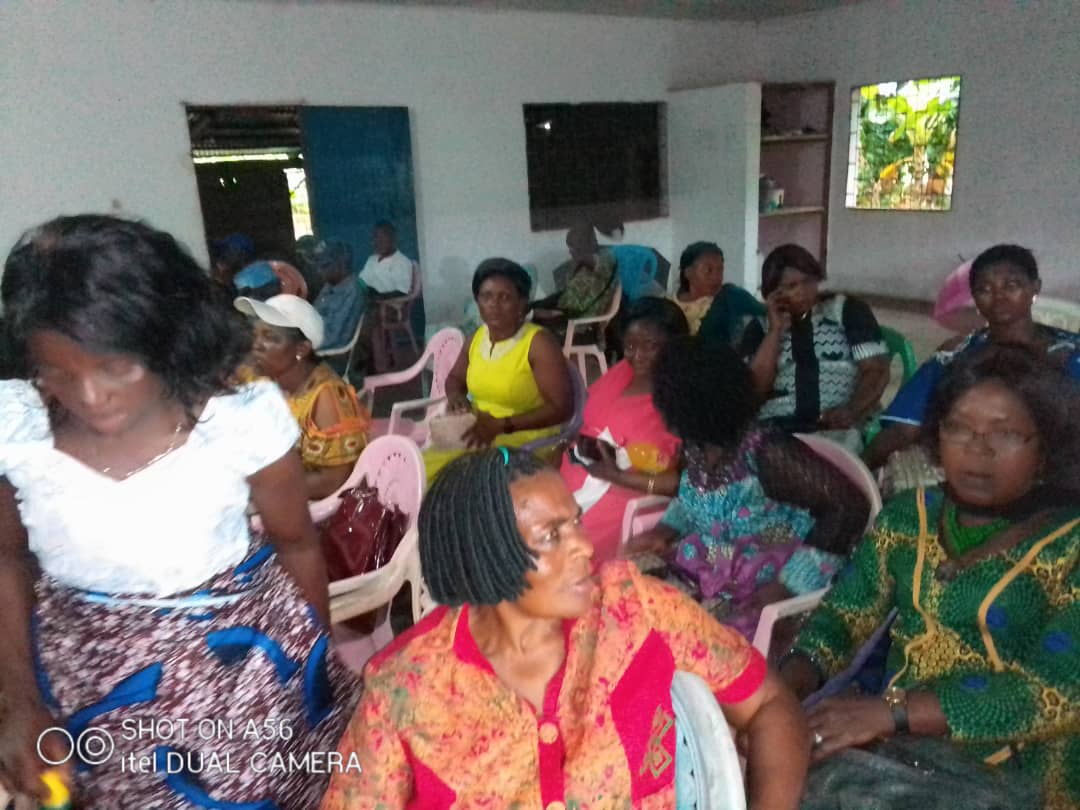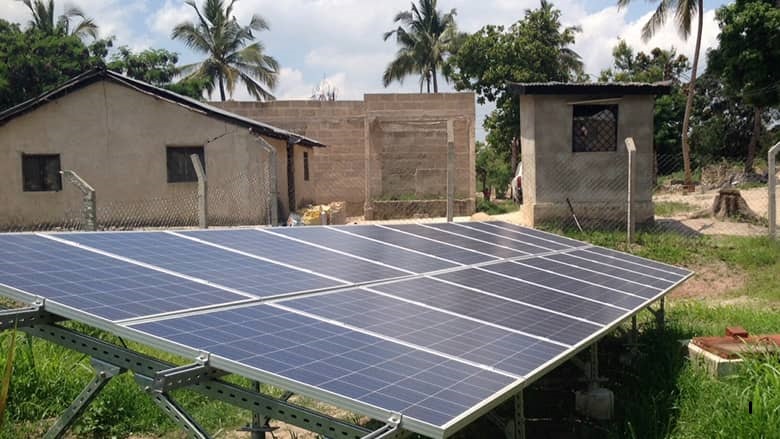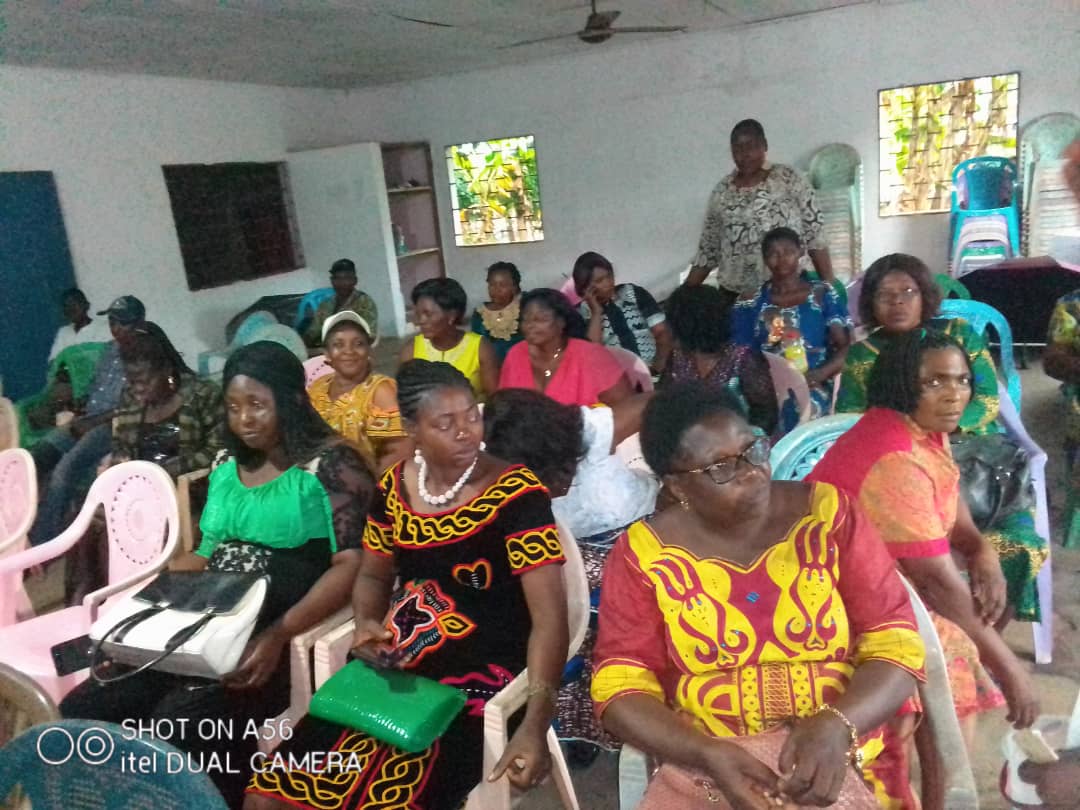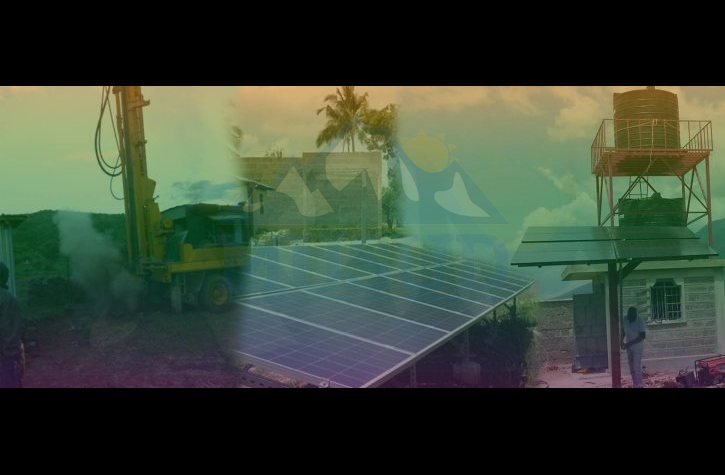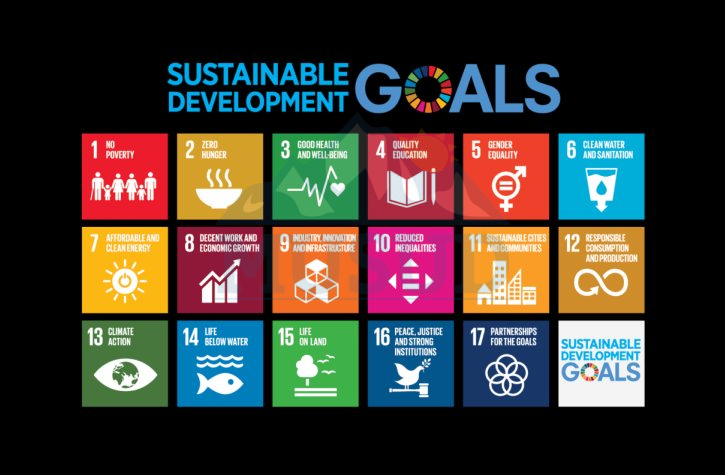
Integrated Sustainable Development Initiative (ISDI)
Background and Justification
The Multipurpose Projects for Sustainable Development Association (MUSUD) was established between 2016 and 2018 in response to the need for holistic solutions addressing critical development challenges, particularly in regions affected by conflict, climate change, and economic instability. Since its inception, MUSUD has successfully implemented multi-sector projects in renewable energy, water management, and education. This project builds upon previous achievements and aims to scale up integrated sustainable development efforts in Southern Cameroon, a region still facing socio-economic and environmental challenges.
2. Objectives
General Objective:
To enhance the socio-economic well-being of vulnerable communities in Southern Cameroon through a multi-sectoral approach focused on education, renewable energy, water management, and sustainable agriculture.
Specific Objectives:
-
Improve access to quality education and vocational training for youth and women.
-
Expand renewable energy solutions, particularly solar power, to rural communities.
-
Enhance water resource management and improve access to clean drinking water.
-
Promote sustainable agricultural practices for food security and economic empowerment.
-
Strengthen partnerships among government bodies, NGOs, private sector actors, and local communities.
3. Key Project Components
A. Education and Vocational Training
-
Establish and equip community learning centers with digital and vocational training resources.
-
Implement literacy and skill-based training programs for youth and women.
-
Provide scholarships and learning materials to students from low-income backgrounds.
B. Renewable Energy Expansion
-
Deploy solar energy systems in schools, health centers, and households.
-
Train local technicians on the installation and maintenance of solar power systems.
-
Promote the use of solar-powered irrigation for agriculture.
C. Water Resource Management
-
Construct boreholes and water purification systems in water-scarce communities.
-
Train communities on sustainable water conservation techniques.
-
Advocate for improved policies on water resource management.
D. Sustainable Agriculture and Food Security
-
Introduce climate-smart agricultural techniques, including agroforestry and organic farming.
-
Support farmers with improved seeds, irrigation tools, and access to markets.
-
Establish cooperative farming groups to enhance collective economic strength.
E. Multi-Stakeholder Partnership and Capacity Building
-
Strengthen collaboration with government agencies, NGOs, and private sector partners.
-
Conduct policy dialogues and advocacy initiatives to support sustainable development goals.
-
Train community leaders and stakeholders in project management and sustainability practices.
4. Expected Outcomes
-
Increased literacy and vocational skills among youth and women.
-
Expanded access to renewable energy, leading to improved productivity and quality of life.
-
Improved water access and reduced waterborne diseases in targeted communities.
-
Increased agricultural productivity and food security through sustainable farming practices.
-
Strengthened institutional capacity and partnerships for sustainable development.
5. Implementation Strategy
-
Phase 1 (Year 1): Community needs assessment, stakeholder engagement, and capacity-building workshops.
-
Phase 2 (Year 2-3): Implementation of education, renewable energy, water management, and agricultural activities.
-
Phase 3 (Year 4): Monitoring, evaluation, and scaling up of successful initiatives.
6. Budget Estimate
| Component | Estimated Cost (USD) |
|---|---|
| Education and Vocational Training | $100,000 |
| Renewable Energy | $150,000 |
| Water Management | $120,000 |
| Sustainable Agriculture | $130,000 |
| Capacity Building and Partnerships | $80,000 |
| Total | $580,000 |
7. Monitoring and Evaluation (M&E)
-
Regular progress reports and field visits.
-
Community feedback mechanisms to ensure inclusivity.
-
Mid-term and final project evaluation to measure impact and sustainability.
8. Conclusion
The Integrated Sustainable Development Initiative (ISDI) aims to create a lasting impact by addressing interconnected challenges in Southern Cameroon. By leveraging partnerships and integrating key development sectors, MUSUD will empower communities to build resilience, achieve economic growth, and contribute to the broader Sustainable Development Goals (SDGs).

